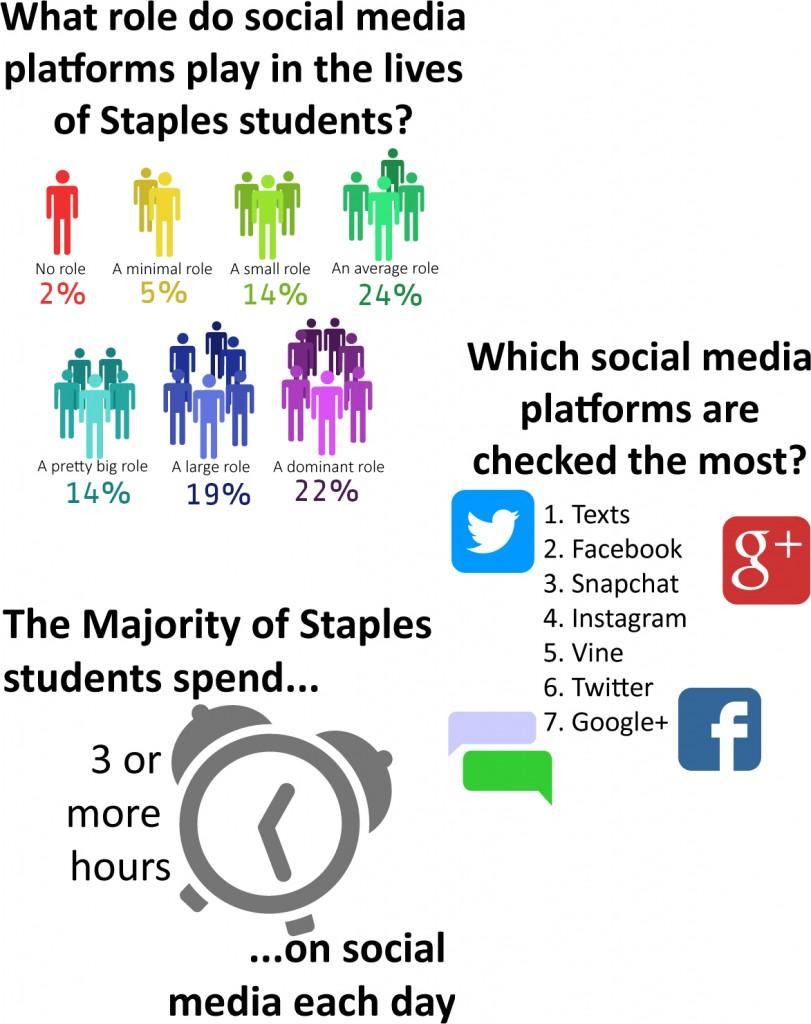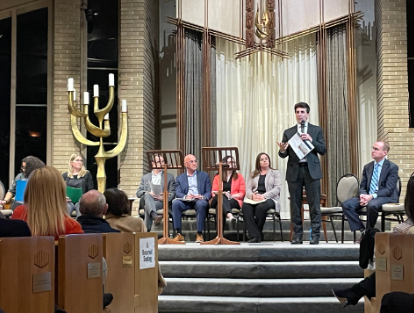As Kaela Fodor ’16 approached the boy, she felt the jittery anticipation that goes hand in hand with a teenage crush.
This was the boy who she had been texting for over a week. She had been scolded again and again by her summer camp counselors but continued to hide her phone underneath her jacket just to keep talking to him. He had been gone for the past week but was returning to camp today.
Her stomach knotted as she entered the cafeteria and caught a glimpse of him across the room. All their meaningful conversations over text flashed through her head in a nervous, excited wave of emotion. With each step she took towards him, her nerves sky-rocketed with her anticipation.
She stood next to him at the fruit bar and smiled.
“I remember butterflies in my stomach as he opened his mouth,” Fodor recalled recently, with a grin.
“And you know what he says? He opens his mouth and says, ‘There’s no more yogurt’,” Fodor said, bursting into a fit of laughter.
“I was disappointed, a little in the lack of yogurt, but mostly in him. I had such high expectations after texting him for so long,” she reflected.
Fodor’s story demonstrates the disconnect between texting and face-to-face interactions that is becoming an increasingly prevalent issue as new technology changes communication.
Texting and other short messages, like Snapchat, are already popular. The Huffington Post reported that teens send an average of 60 texts a day, and Buzzfeed estimated that 400 million Snapchat pictures are received daily. With the increasing use of these services, miscommunications are a growing problem.
Max Zimmerman ’17 remembers an experience similar to Fodor’s, when a girl misread a single text he had sent her, thinking they were in a relationship.
“She couldn’t see my facial expressions, so she couldn’t tell if I liked her or not,” Zimmerman said.
Communication through technology can be misleading. “In person you can read emotion; when you text, you don’t show any emotion,” Shane Dasbach ’17 said.
“You can’t read sarcasm,” Andres Marmelo ’16 said, “not to mention that emphasis on different words can be completely lost.”
However, these fast forms of communication have benefits. Multiple Staples students said scheduling plans is substantially easier, as well as staying connected to international friends.
“Yesterday I was texting my friend in Portugal and London at the same time,” Marmelo recalled.
Along the way, valuable social skills can be lost. Guidance counselor Victoria Capozzi said that when she works with students on social skills, she asks that they put down phones for just two minutes. “There have been times when I’ve had to take the phone away,” Capozzi said.
Delbert Shortliffe, an English teacher, recalls a staggering moment when he assigned students to forego technology a bit.
“I think not one of them made it half an hour,” Shortliffe said.
As new forms of communication arise, more young children have access to the technology. Rachel Morrison ’16 attends Coleytown Elementary School every Thursday for Child Development class. All but one child in the fourth grade classroom have a laptop or access to one, and at least half have a Nook or Kindle of their own, she said.
“My younger sister does everything on her iPod touch,” Dasbach said.















































